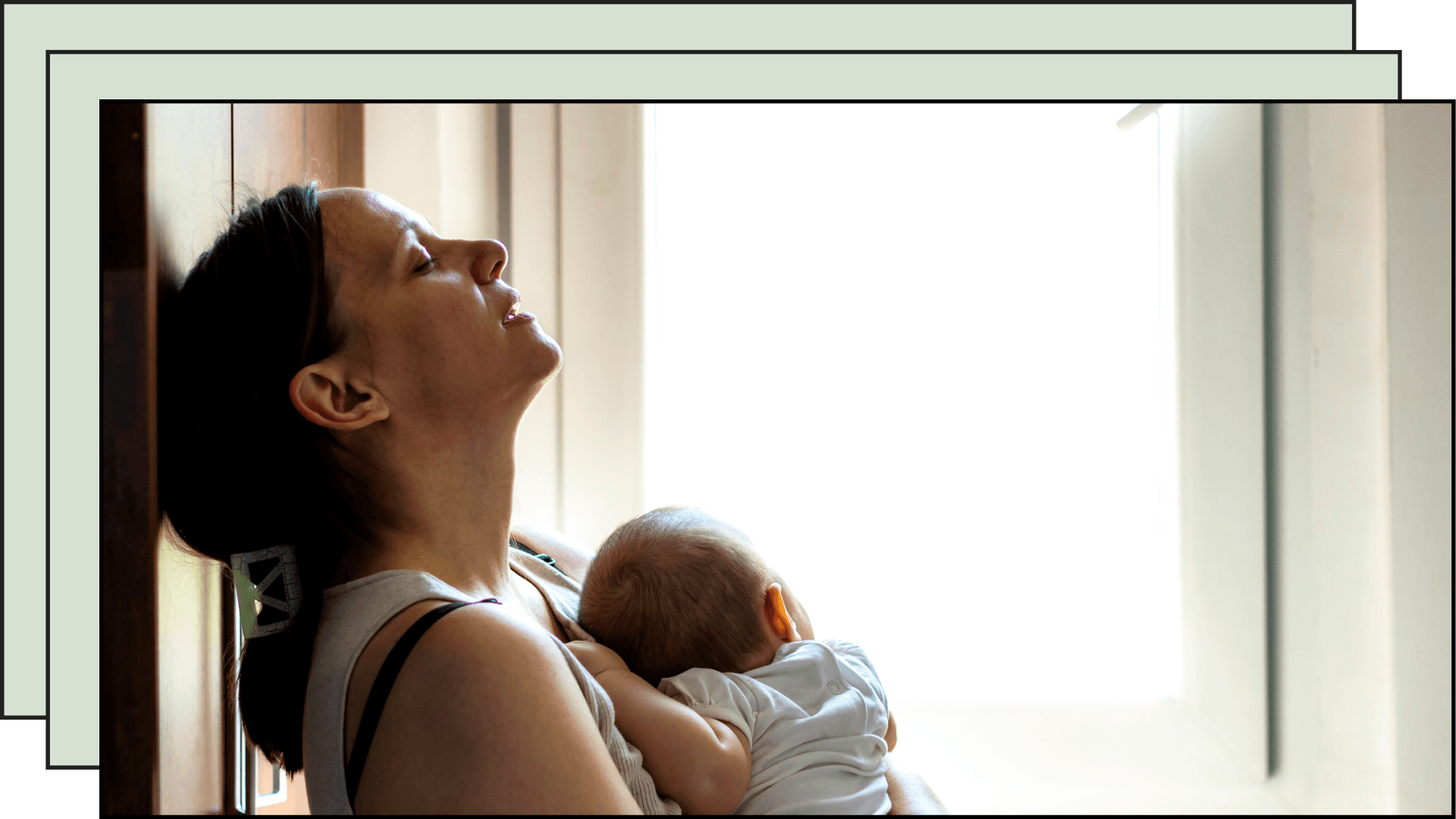we have to talk about

The latest in parenting news, tips, and trends:
What it means to be “touched out,” plus how you can avoid that irritating and overwhelming feeling. Spoiler: It involves boundaries.
How babies can babble in different languages, and pick up languages really quickly thanks to neuroplasticity. Take a listen.
Why more dads are being impacted by the “loneliness epidemic,” and why one expert says we need to rethink society’s take on fatherhood.
How to help your child if your family is impacted by the childcare cliff, according to experts. Don’t panic, but do make a plan.
Five illnesses you likely (and fortunately) won’t catch from your kids. Plus, reminders on how to keep your family healthy this season.
ask an expert

Last week, we asked you to vote on a question to answer. The winner was:
How does co-parenting affect my kid?
FEATURED EXPERT:

Weena Wise, LCMFT
Licensed marriage and family therapist (LCMFT) and relationship expert
“Children can stand to gain more when both parents contribute their strengths to their growth and development. People who effectively co-parent typically exhibit a level of patience, a collaborative mindset, a willingness to compromise, and remain open to working together even when they don’t always get their way. Children learn by watching as well as listening.
“When partners don’t effectively co-parent, their differences have an impact. Children may have to adapt to each parent’s set of rules and unique parenting style when they are with them. This creates more work for the children. They may also learn to see everything as separate, which forces them to compartmentalize their relationships with each parent. In addition, children may not feel safe to express concerns about their experiences with either parent if they see division between them.
“Positive co-parenting often keeps children’s needs from going unmet. When co-parents balance the responsibility, share information, and make decisions together, it’s less likely that their children’s needs will fall through the cracks.”
self-help

How to return to work after being a stay-at-home mom
LinkedIn profiles, resume updates, endless job applications, and interviews can be overwhelming — even more so for some mothers who are asked to explain a gap in their employment.
“Working mothers have good reason to be hesitant about communicating their career breaks,” says Selena Rezvani, a consultant, speaker, and author on leadership and self-advocacy. “Unfortunately there’s a well-documented bias — the maternal wall — that women face when returning to work that can lessen everything from the pay they can command to their opportunities.”
Here are her tips for finding a new job:
Storyboard your career: "Instead of feeling the need to justify or overexplain your break, think more broadly," says Rezvani. Weave in skills you've developed during your break into your larger career story arc.
Give it meaning: You did a big, important thing. If you’re asked about your break don’t “blush or apologize,” she says. Your decision to take a break was personal. Validate it.
Tap your network: “Take advantage of your network and give yourself a permission slip to ask favors of them,” says Rezvani. “Be generous in sharing your own information, experiences, and offer to reciprocate, too.”
Negotiate your pay: Appoint an accountability buddy who can respectfully push you to ask for the pay you deserve, she says. “Remember your career milestones and connect your skills to the job responsibilities at hand,” says Rezvani. “Your time away likely made you more valuable in many ways.”
FEATURED EXPERT:

Selena Rezvani
Recognized consultant, speaker and author on leadership and self-advocacy
research says

Two (Very Treatable) Conditions Are Driving Birth Complications for Women of Color
A pair of studies from Stanford found that hypertension and iron-deficiency anemia were more common in non-white pregnant people.
In one study that analyzed 8 million pregnancies, findings showed that chronic hypertension contributed to several complications (including preeclampsia and postpartum hemorrhage) during pregnancy and childbirth — and was a strong cause of acute renal failure among pregnant Black and Native Hawaiian-Pacific Islanders.
The other study examined 4 million pregnancies and found that Black women had iron-deficiency anemia at more than double the rate of white women. Overall, iron-deficient anemic pregnant women were at a significantly higher risk of severe birth complications, with researchers noting the condition was responsible for as many as one in five of those complications.
Despite these conditions being generally treatable, the information suggests that medical bias, limited access to prenatal care, and outdated medical guidelines are contributors to these dangerous complications. The authors suggest more information is needed about prenatal care among people of color to better understand how to solve these seemingly preventable problems.
relatable
“I’ve been texting with ‘Isla’s mom’ for 3 years. When is a good time to ask her her name?"
– I Hide From My Kids on X. She probably doesn’t know yours either, tbh.
Design: theSkimm | Photos: iStock
Products you buy through our links may earn us a commission.
*PS: This is a sponsored post.
Live Smarter
Sign up for the Daily Skimm email newsletter. Delivered to your inbox every morning and prepares you for your day in minutes.